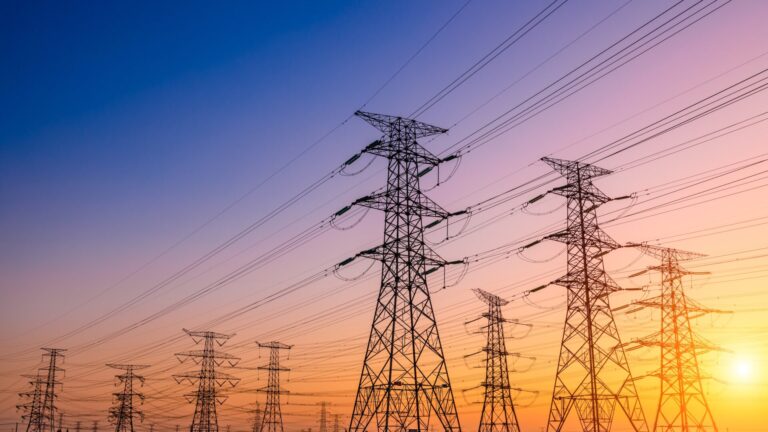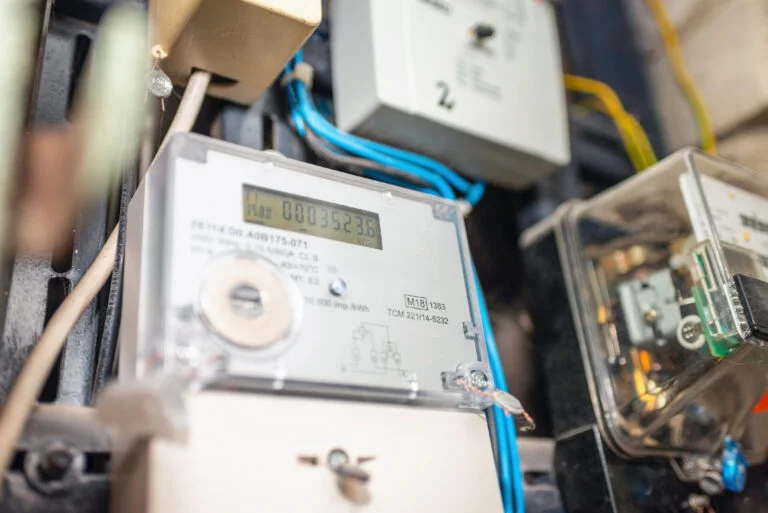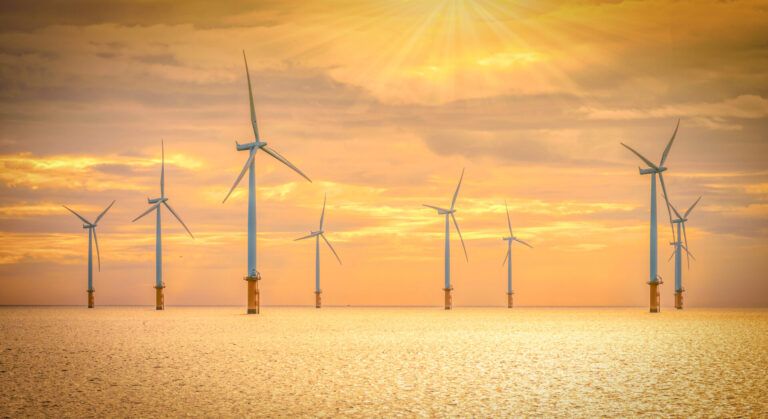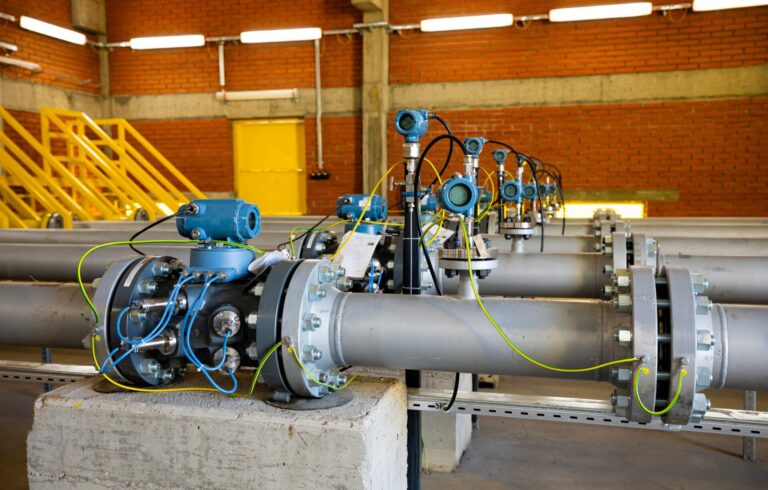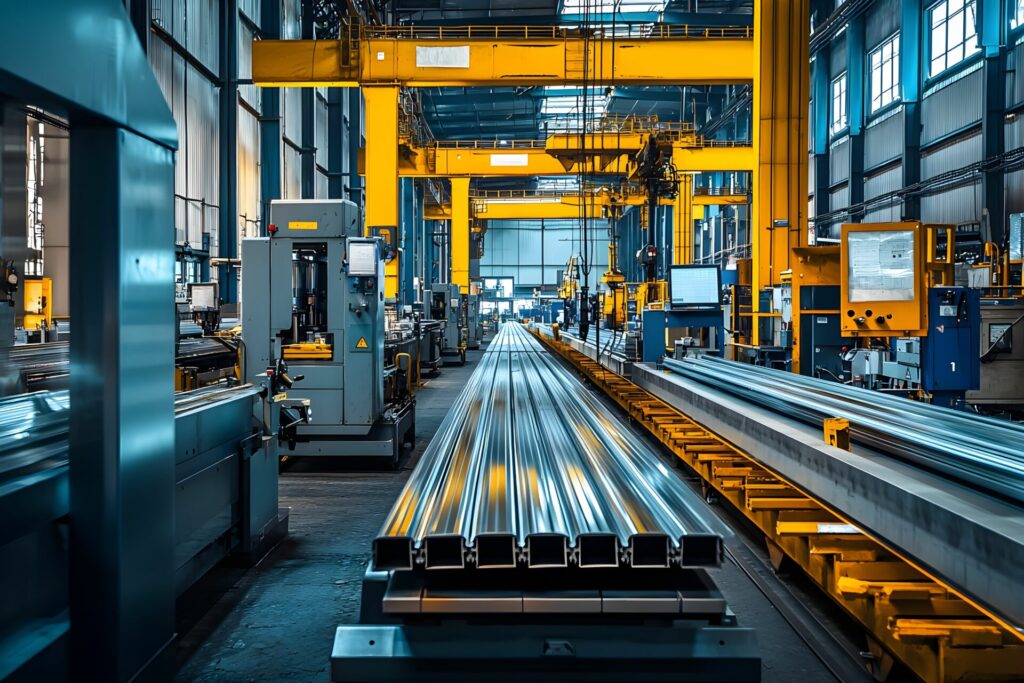
The Importance of Investment In Steel Production
Global Policy Changes To Address Carbon Leakage
The Future Of Steel Production
In conclusion, steel remains a cornerstone of modern development, but its environmental impact cannot be ignored. With steel production accounting for a significant share of global CO₂ emissions, innovation in energy-efficient manufacturing processes and the adoption of renewable technologies are imperative. Policies like the EU’s CBAM and similar initiatives globally offer a promising way forward, incentivising cleaner production and discouraging carbon leakage. While these measures bring challenges, such as increased costs and the need for substantial investment, they also drive progress toward a more sustainable steel industry. By embracing these changes and fostering international cooperation, the steel sector can play a pivotal role in meeting global climate goals, ensuring a future where economic growth and environmental responsibility go hand in hand.



